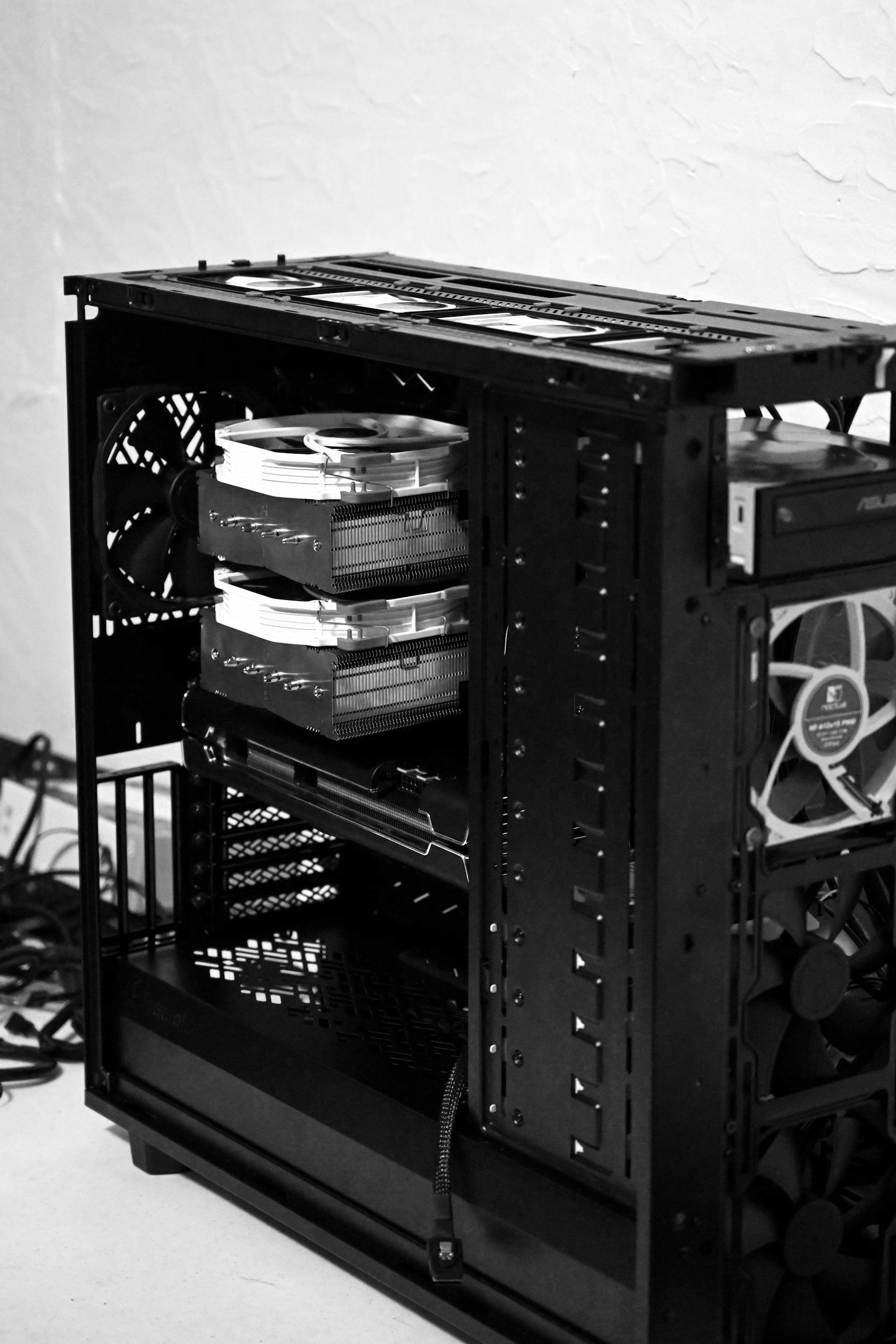
Compliance with Industry-Specific Regulations
Hardware development companies must adhere to a range of industry-specific regulations, particularly in sectors like consumer electronics and telecommunications. We provide guidance on compliance with Sarbanes-Oxley Act (SOX) requirements for publicly traded companies, as well as Environmental Protection Agency (EPA) regulations for hazardous materials used in manufacturing. Additionally, we assist in navigating FCC (Federal Communications Commission) regulations for networking equipment, ensuring that your products meet all necessary standards before reaching the market. Our expertise helps you avoid costly fines and ensures that your operations are fully compliant with relevant laws.
Financial Planning for Product Lifecycle Management
The lifecycle of hardware products, from development to obsolescence, requires strategic financial planning. We help you develop financial models that account for the costs and revenues associated with each stage of your product lifecycle, from R&D and manufacturing to marketing and end-of-life management. This includes cash flow management, budgeting for large capital expenditures, and planning for potential product recalls or warranty claims. Our goal is to ensure that your financial planning supports sustainable growth and minimizes risks associated with product development.
What do we do?
-
For hardware development companies, especially those in consumer electronics and semiconductor manufacturing, accurately managing the Cost of Goods Sold (COGS) and inventory is critical to financial health. Proper accounting for raw materials, labor, and overhead costs under IRC Section 263A (Uniform Capitalization Rules) ensures that your COGS is accurately calculated, impacting both your profitability and tax liabilities. We assist in setting up detailed inventory tracking systems and ensure that your financial statements reflect the true cost of production, helping you make informed pricing and operational decisions.
-
Research and development are at the heart of innovation in hardware development, particularly for companies producing semiconductors and networking equipment. Leveraging R&D tax credits under IRC Section 41 can provide significant tax relief. We guide you through identifying qualifying research activities, such as developing new chip designs or improving manufacturing processes, and ensure that you maximize your R&D credits. Proper documentation and reporting are crucial to securing these credits, and we provide the expertise needed to navigate this complex process.
-
Hardware development businesses often require significant investment in machinery, tools, and technology. Deciding when to capitalize versus expense these costs is critical for both tax and financial reporting purposes. We help you apply IRC Section 179 for immediate expensing of certain equipment purchases and guide you on using MACRS (Modified Accelerated Cost Recovery System) for depreciation. This ensures that your capital expenditures are managed in a way that optimizes your tax position and supports long-term financial planning.
-
Many hardware development companies operate globally, necessitating a comprehensive approach to international tax compliance. We assist in navigating IRC Section 482 regulations on transfer pricing, ensuring that transactions between subsidiaries in different countries are appropriately priced to avoid penalties. Additionally, we provide guidance on managing foreign tax credits under IRC Section 901 to minimize the impact of double taxation on your global earnings. Our services help you maintain compliance with complex international tax laws while optimizing your overall tax strategy.

